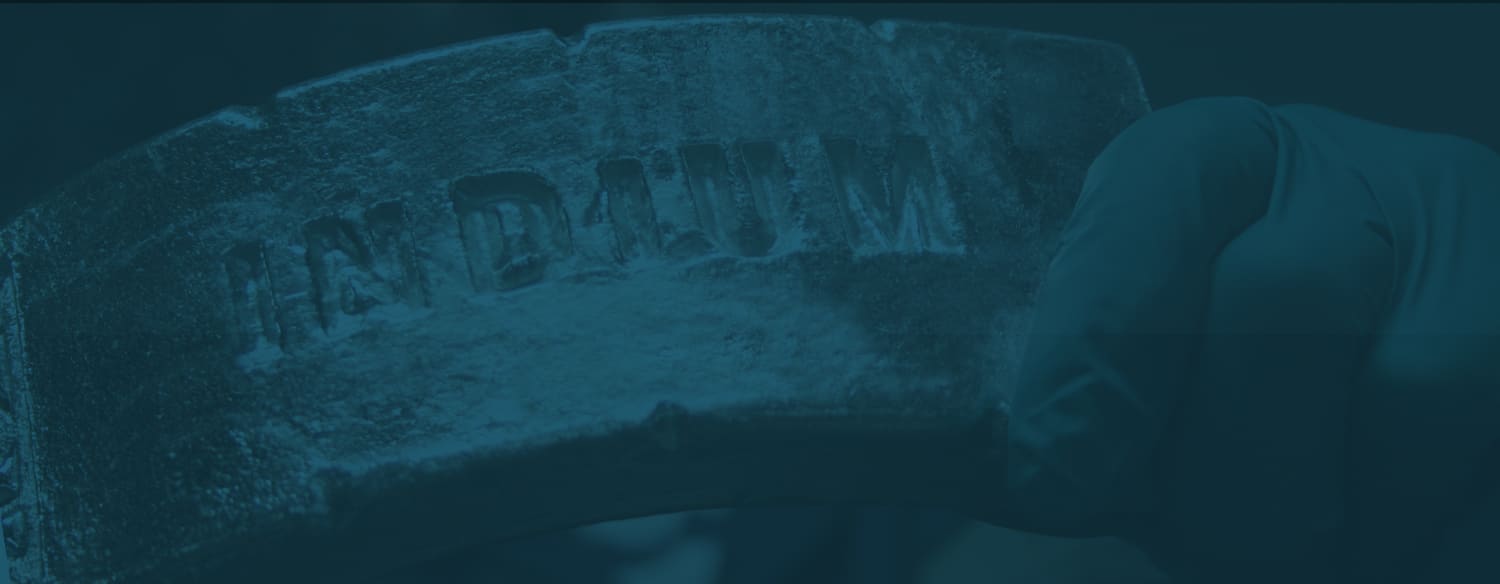This year's intern season involves 10 students who are tackling a new set of projects. I’m working with David Fresne, who will be starting his senior year at SUNY Poly in the fall. It has only been a few days so far, and already David is working on upgrades to a critical piece of equipment, meeting with a vendor, and tackling other tasks that come up from day to day.
It’s not David’s first time working in a professional environment though; he has already completed internships at 2 other companies. I was interested in his initial experience at Indium Corporation. Here’s a discussion we had about how things are working out so far:
Jim: Have you noticed differences between the various internships you’ve experienced? If so, how have they differed?
Dave: I have noticed that a larger company tends to have the extra resources to put together a well-rounded breadth of experiences and projects for their interns. However, this doesn’t mean that the experiences at a smaller company are any less valuable than those with more organized programs. One nice thing is that this is the first time I have been part of an “internship class” which is made up of nine other interns.”
Jim: What else does the College Internship Class of 2016 deal with, outside of the projects you and I are working on from day to day?
Dave: The internship class meets every Wednesday for an “Intern Lunch and Learn”. Each week someone comes in to teach us a valuable skill that we can use in our professional endeavors. This week, Diana Wolgemuth from Dale Carnegie taught us about Interpersonal Competence. In this class we went over things such as how to effectively communicate and network with others. One neat trick that she showed us was something known as the “conversation stack” which is a mnemonic device to help start conversations with someone you may have just met or would like to know more about.
Jim: Do you have ideas for an Intern Lunch and Learn class (or classes) that you feel would be useful in the future?
Dave: Not right now. From what I can tell by the schedule of classes for the next eight weeks, the program looks very well rounded. In addition to the classes, there are also some activities and other good things to put on our resumes, such as an on-site the upcoming Youth STEM Event and Community Volunteering.
Jim: Do you have any advice for students who may be reading this, regarding how to set up an internship?
Dave: When it comes to applying for internships, I would say the first priority is making sure your resume is perfect. Have as many people take a look at it as possible. Take advantage of any career services office you may have at your school. They should be able to help get your resume up to snuff. When you’re applying for a position that has fifty other applicants, you want to stick out (in a good way!). One last thing is to follow up and don’t forget to include a cover letter when you submit your resume.
Jim: Many of the services that schools offer tend to be under-utilized. Even the act of going to career services is lost on a large amount of students. Asking for help is a big part of being a professional, especially at a new job. Have you found that skills from your internships helped you become a better student or vice versa?
Dave: Definitely. A lot of skills that are learned in a professional environment transfer nicely to an academic setting. One of them is asking for help, like you mentioned. It is important to be comfortable asking for help whether it be a colleague at work or a professor at school. Time management and work ethic are key. If you are able to handle a decent workload from your coursework in a timely fashion, then you won’t find yourself rushing to finish projects at an internship.
Jim: Thanks, Dave. Any closing thoughts on the internship?
Dave: You’re welcome, Jim. I am looking forward to all the projects and experiences that I will gain at Indium Corporation this summer!
Check back in, as we interview other 2016 interns in the next few weeks.
~Jim


